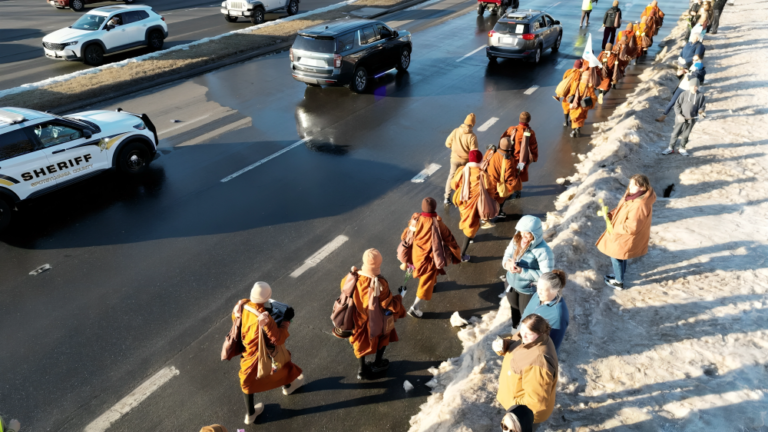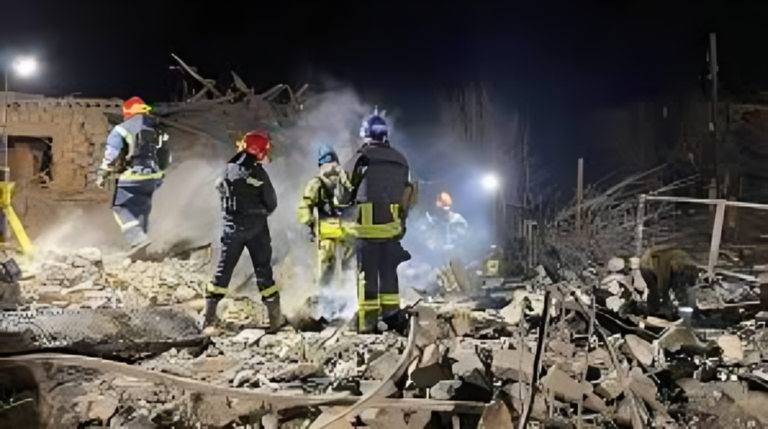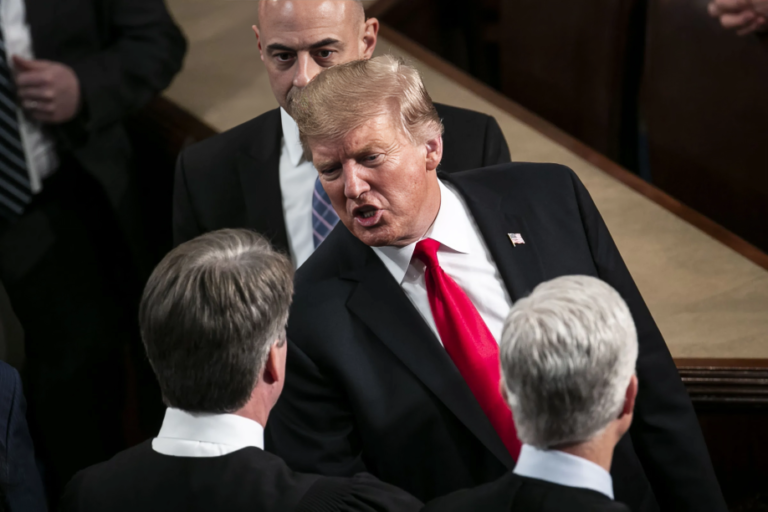Thousands of mostly young people have poured onto the streets across Nigeria as they protested against the country’s worst cost-of-living crisis in a generation.
Nigerian troops and police stepped up security in Lagos and the capital Abuja on Thursday in preparation for planned protests over the cost of living.
Africa’s most populous country has been grappling with rising inflation and a sharp devaluation of the naira currency since President Bola Ahmed Tinubu introduced reforms to revive the economy a year ago.
the protest movement has won support with an online campaign among Nigerians who are battling with food inflation at 40 percent and fuel prices that tripled since Tinubu introduced his urgent reforms.

In Abuja, security forces blocked off roads leading to Eagle Square — one of the planned protest sites — while in Lagos, police and soldiers were placed at strategic points, including at the Lekki tollgate, where protests in 2020 ended in bloodshed.
Early turnout in the capital and Lagos was slim, with only a few dozen protesters outside the national stadium in Abuja and police outnumbering the dozens more demonstrators in the Ikeja area of Lagos.
A handful of protesters also gathered in the northern city of Kano, an AFP correspondent said.
On the eve of the protests, government officials had urged young activists to reject rallies and allow time for Tinubu’s reforms to take hold.
Many Nigerians are struggling with the high costs of food and transport and many people were also worried about insecurity around protests. But protest leaders, a loose coalition of civil society groups, vowed to press on with rallies despite what they say were legal challenges trying to limit them to public parks and stadiums instead of marches.











+ There are no comments
Add yours